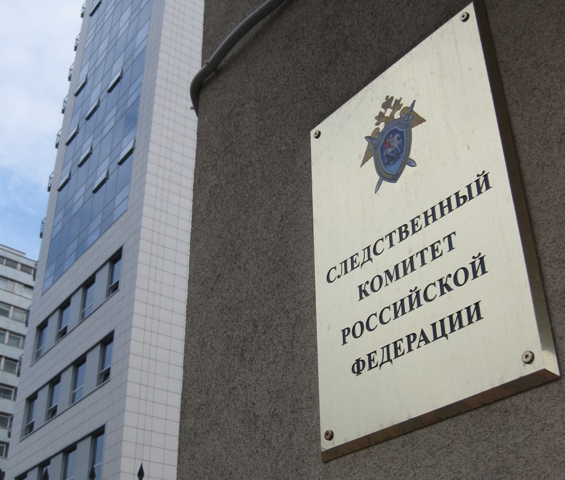
Address of the reception office of the Investigative Committee: Moscow, ul. Pervaya Frunzenskaya, d 3a
Address for writtent applications: 105005, Moscow, Tekhnichesky Pereulok, 2
Address of the reception office of the Investigative Committee: Moscow, ul. Pervaya Frunzenskaya, d 3a
Address for writtent applications: 105005, Moscow, Tekhnichesky Pereulok, 2

Today the State Duma of the RF Federal Assembly has taken privilege of parliament from deputy Nikolai Parshin. After the corresponding documents have come into the Russia’s Investigative Committee, the investigators will press charges against him.
The fact that Parshin had been involved in fraud was found during the investigation of a criminal case against head of administration of Srednyaya Akhtuba municipal district Sergey Tikhonov, deputy of Volzhsk Town Duma Sergey Chekunkov and head of finance office of the town district administration of Volzhsky Andrey Uvarov charged with fraud committed by a group of people in a previous concert on an especially large scale (part 4 of article 159 of the RF Penal Code).
According to investigators, in 2008, Parshin, serving as deputy of the Volgograd Region Duma came up with a simple scheme how to get money from regional and municipal budgets. Together with officials of Srednyaya Akhtuba District and the town of Volzhsky they sold an abandoned building of a school and its premises to a commercial organization for 250 thousand rubles. A year later, they persuaded the district administration that the district needed the school and offered to return the building in the ownership of the municipality, but this time at price 100 times higher – 25 million rubles. Moreover, they even promised to invest in refurbishment. Of course, there were no repairs and the local school children have to study in a ramshackle building of a preschool facility without any basic conditions for study, while Parshin and his accomplices had the 25 million rubles and divided it among them. According to investigators the deputy had not only invented the scheme, but successfully lobbied it in the regional administration. For example, he, as the head of Communist faction filed an application with the Governor insistently asking him to as soon as possible review the allocation of budgetary funds for buying the abandoned school. During his personal meetings with officials of regional level Parshin actively persuaded them in necessity and high importance of the deal.
Somebody might have a misleading impression that a deputy’s mandate in one’s pocket is some kind of an absolution for defying the law, but this idea is wrong and the proof of it is the number of the criminal cases investigated. This way, in 2013 alone, the Russia’s Investigative Committee sent to court criminal cases against over 500 deputies of all levels and elective heads of local governments. The Parshin case is most likely not the last one, but this is a kind of a message to all the rest of them, that the deputy’s mandate is not a privilege or a right to defy the law, but on the contrary a great responsibility before the electorate and higher requirements to oneself. As for the favorite tactics of deputies and other officials caught red-handed to make every action against them politically motivated is ridiculous to put it mildly. The Investigative Committee has only one motive, inspired by the people, to fight corruption and is guided in it by only the Criminal Code and Criminal Procedure Code.
Head of Media Relations V.I. Markin